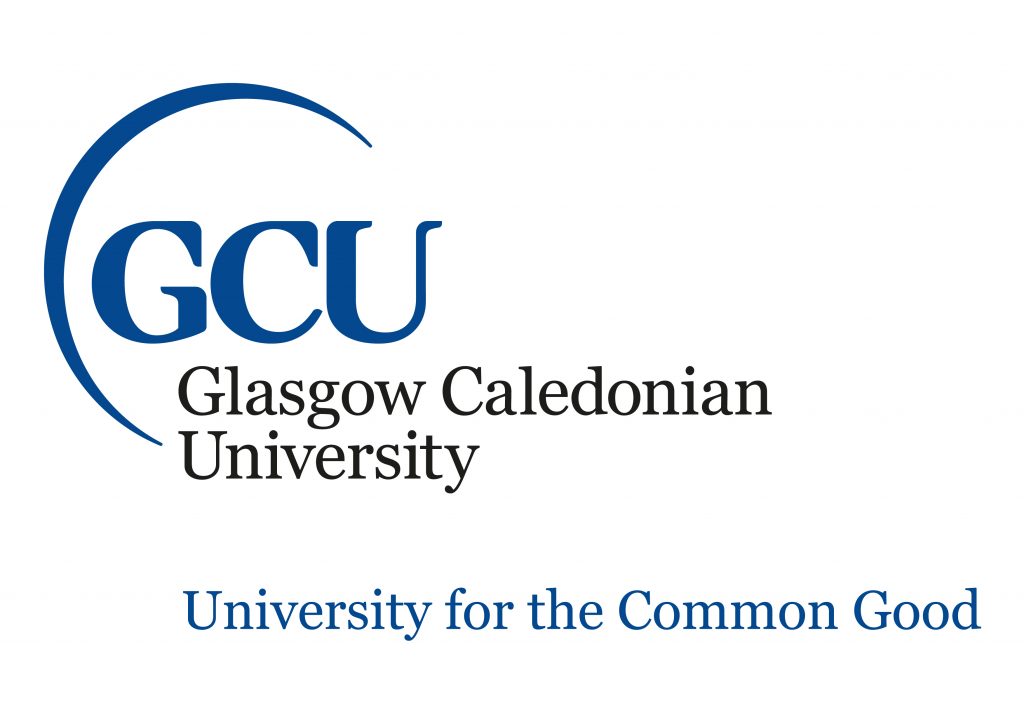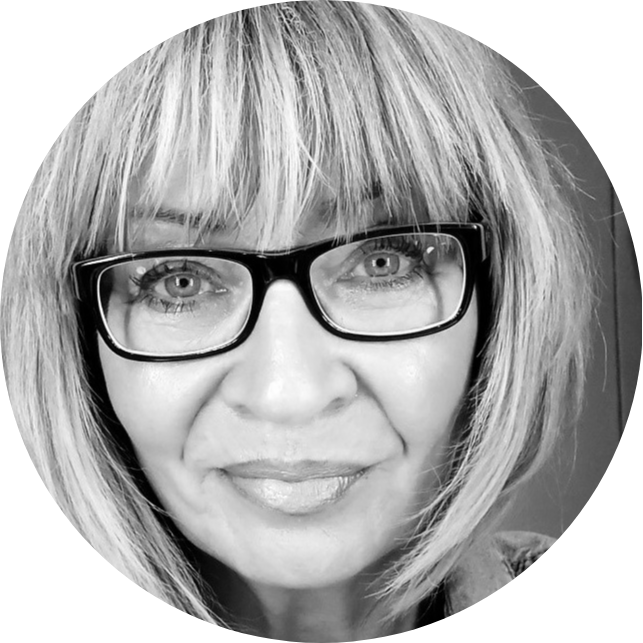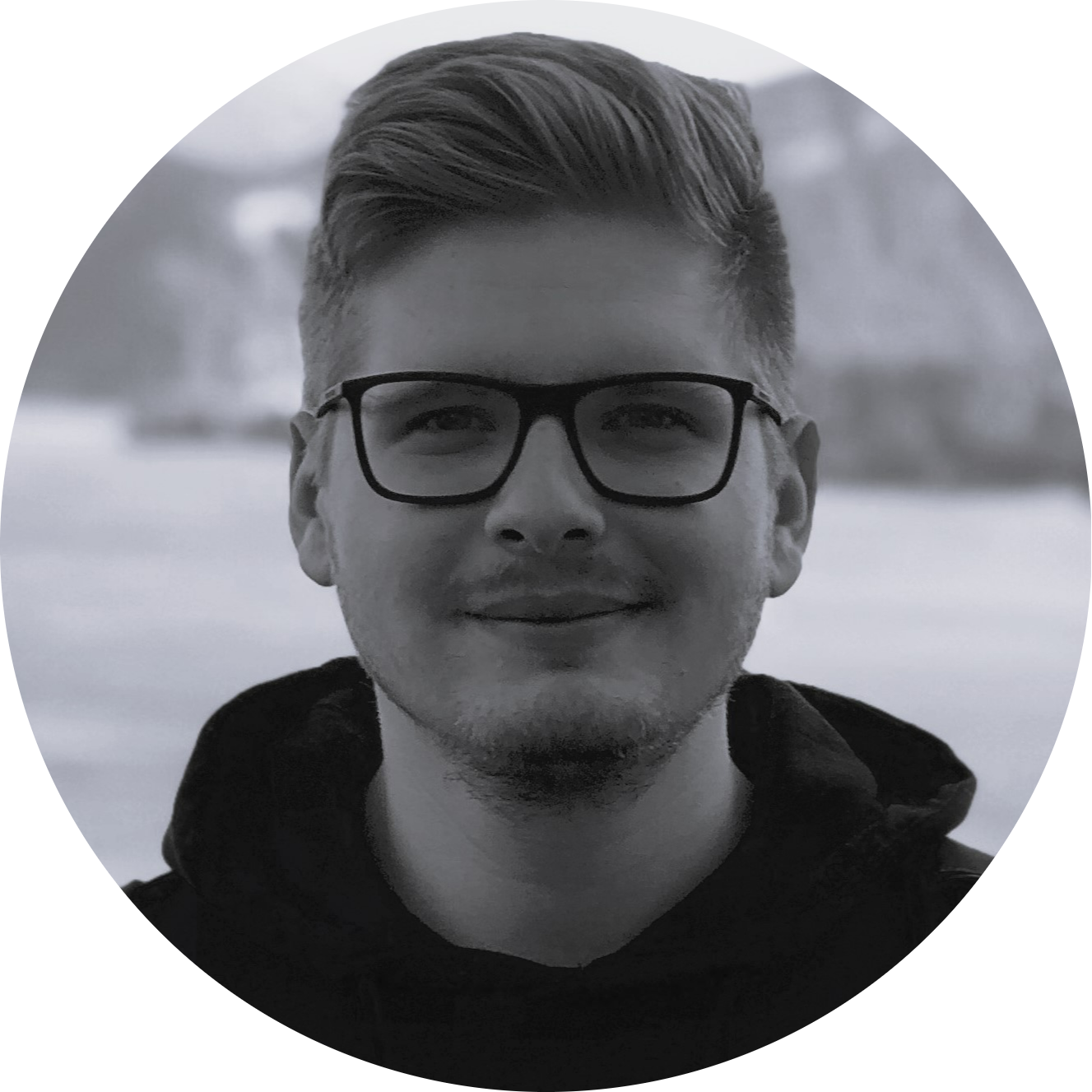
Glasgow Caledonian University (GCU) is a vibrant university with its main campus in the centre of Scotland’s largest city. It also has campuses in London and New York. It has more than 20,000 students and 1,600 staff from over 100 countries. The university has the aim of providing education and research that serve ‘the Common Good’ and prides itself on its diverse student intake. Its mission is to make a positive difference to the communities that it serves and this is at the heart of all that it does, especially in its social innovation teaching and research.
The University’s Research Strategy is framed around the United Nations Sustainable Development Goals, enhancing integration with initiatives such as PRME and AshokaU. It addresses the Goals via three societal challenge areas of Inclusive Societies, Healthy Lives and Sustainable Environments. The VOLPOWER Project actively engages with two of these three areas. From the most recent Research Excellence Framework(REF), GCU emerged as top Modern University in Scotland for research power.
The three Principal Investigators for the VOLPOWER project are all staff in the Glasgow School for Business and Society (GSBS) at GCU. The School brings together a range of subject areas to reinforce GCU’s mission as a University for the Common Good. The belief that it is only through exploring the impact of business on society that we can build teaching, learning and research that equips our students to excel in their studies and gain valuable employment to make a better world for all is at the heart of what the School does.
Within the School there are a number of research centres, including the WiSE Centre for Economic Justice where our project is based. The study of migration and human rights are key areas of research for the WiSE Centre. The Centre provides an interdisciplinary approach. The advent of the 2015 refugee crisis has led to migration and migrants becoming a central focus of human rights.

Prof. Umut Korkut is a D.Rad Project Coordinator and Professor of International Politics at Glasgow School for Business and Society at Glasgow Caledonian University. Previously, he was Research Fellow in the School for Politics and International Relations at the University College Dublin (2007-10). He completed his DPhil (magna cum laude) at Central European University in Budapest (2004). In 2009, he was awarded Associate Professorship by the Turkish Higher Education Council. Since 2007, he has carried professional service and international roles for Political Studies Association as convenor of Comparative European Politics Specialist Group. In 2016, he was appointed as a Trustee for the Executive Committee of PSA. Prof Korkut has an international and national reputation first in European politics, with specialisation in East European and Turkish politics; second in migration and forced migration with specialisation in East Mediterranean and Eastern Europe; and third in religion, gender and politics

Dr. Maggie Laidlaw is a Post-Doctoral Researcher within the Department of Economics in the Glasgow School of Business & Society at Glasgow Caledonian University. She is the Lead Curator and Researcher with D.Rad: De-radicalisation in Europe and Beyond: Detection, Resilience, and Reintegration, and with the AMIF-funded VOLPOWER project. Maggie is also Module Leader & Lecturer in (PG) Applied Skills in Qualitative Research Methods within the GCU Graduate School. Maggie received her PhD in Sociology from the University of Edinburgh, and her M.Res from The Glasgow School of Art. Her PhD scholarship was funded by the Economic & Social Research Council (ESRC). Maggie’s research interests focused predominately on gendered temporalities of belonging and civic participation, however more recent work examines the use of creative arts to explore inclusion and belonging across various communities. She is a trained ethnographer and experienced in creative and collaborative qualitative research methodologies. Maggie’s field of expertise cover: The Arts & Social Inclusion & Belonging; Temporalities of belonging; Temporalities of volunteering & community engagement; Sociology of Time; Gendered Temporalities; Norbert Elias’s We-I balance; Qualitative research methods: Arts-based research; Poetry; Innovative Research Methods; Co-production and collaborative research. In a voluntary capacity Maggie is actively engaged with her local community, and experienced in leading community arts projects.


Doga Atalay is a current PhD candidate in Social Sciences at GCU. Doga`s study investigates role of identity related narratives (self-narratives) towards social interactions in everyday life. His research also involves immigration and integration. He holds an MA in European Studies from Istanbul Bilgi University. Doga works as a researcher for the D.Rad project.
